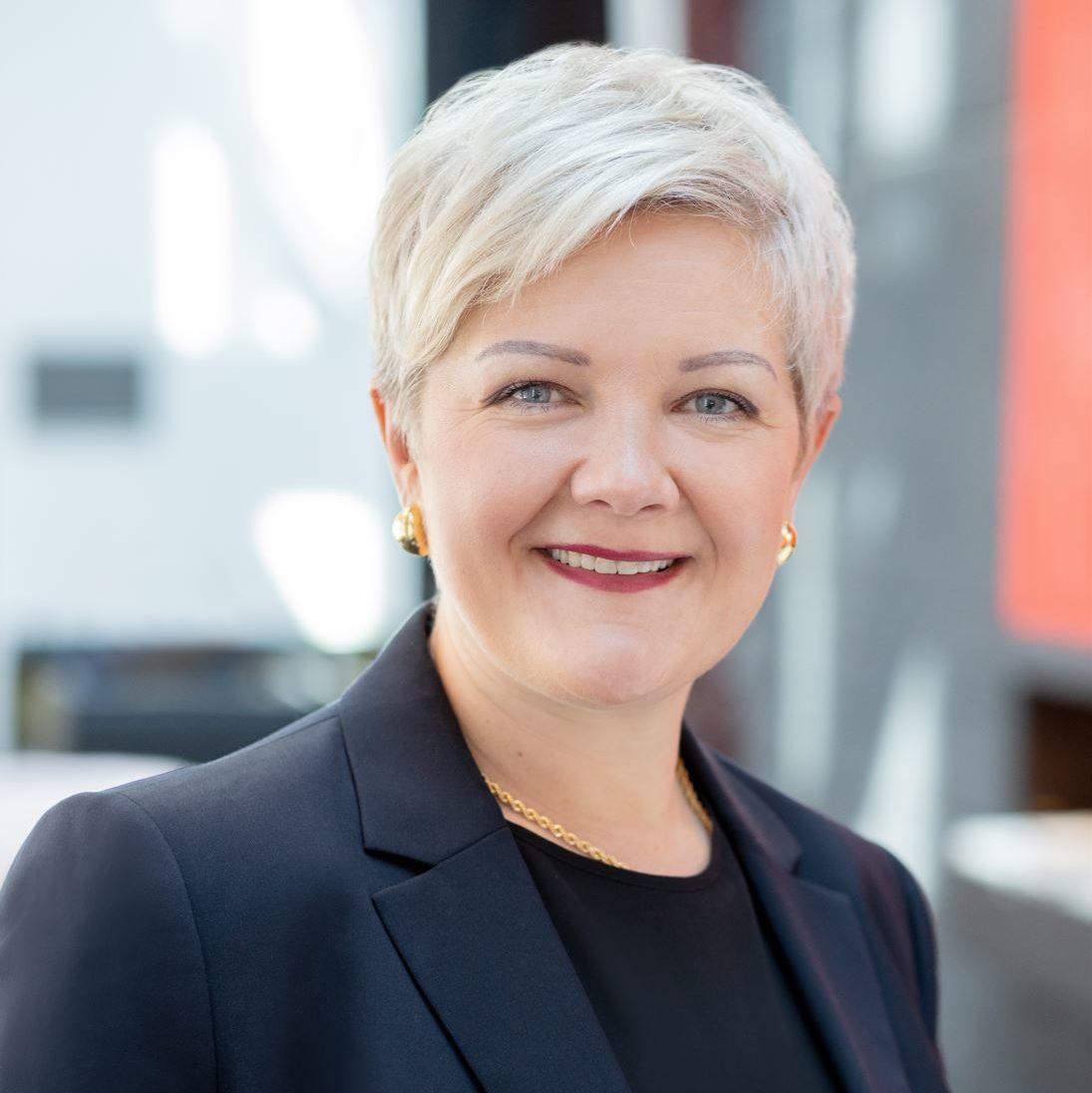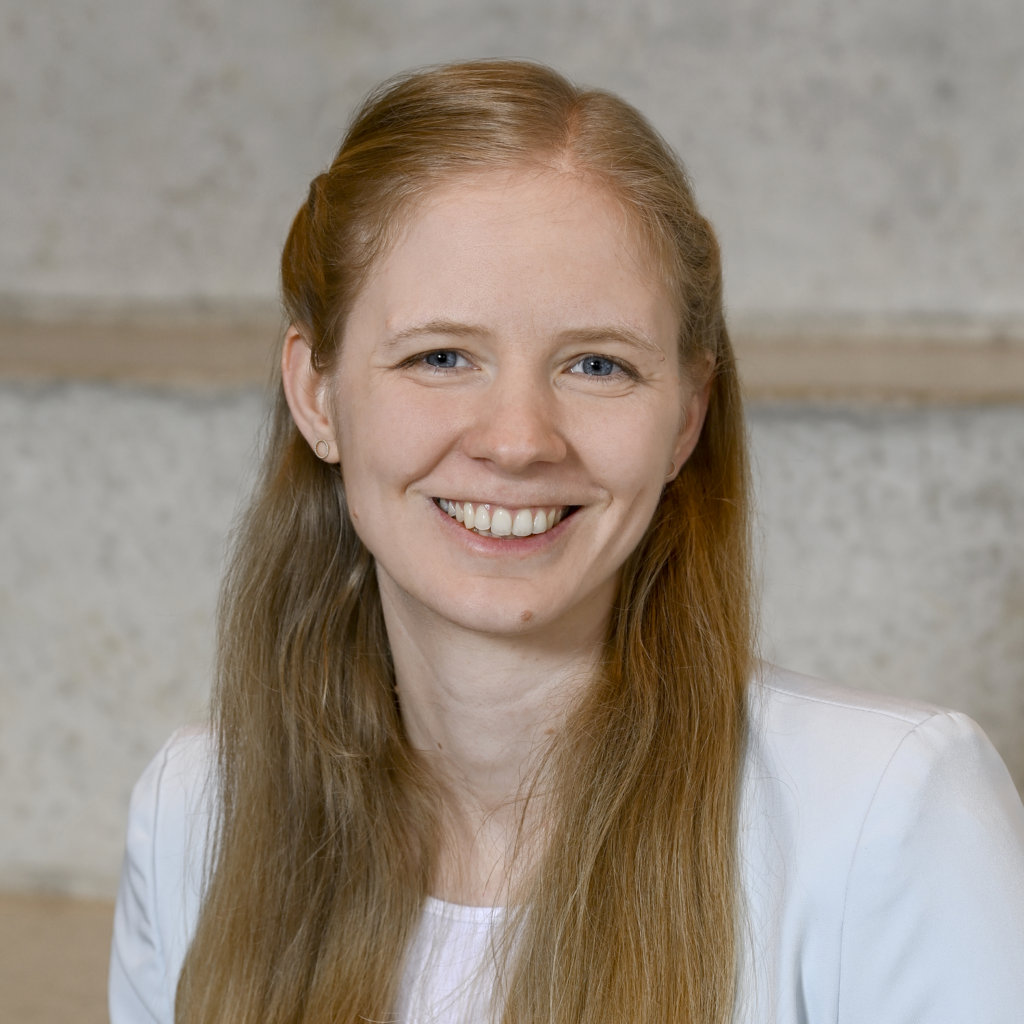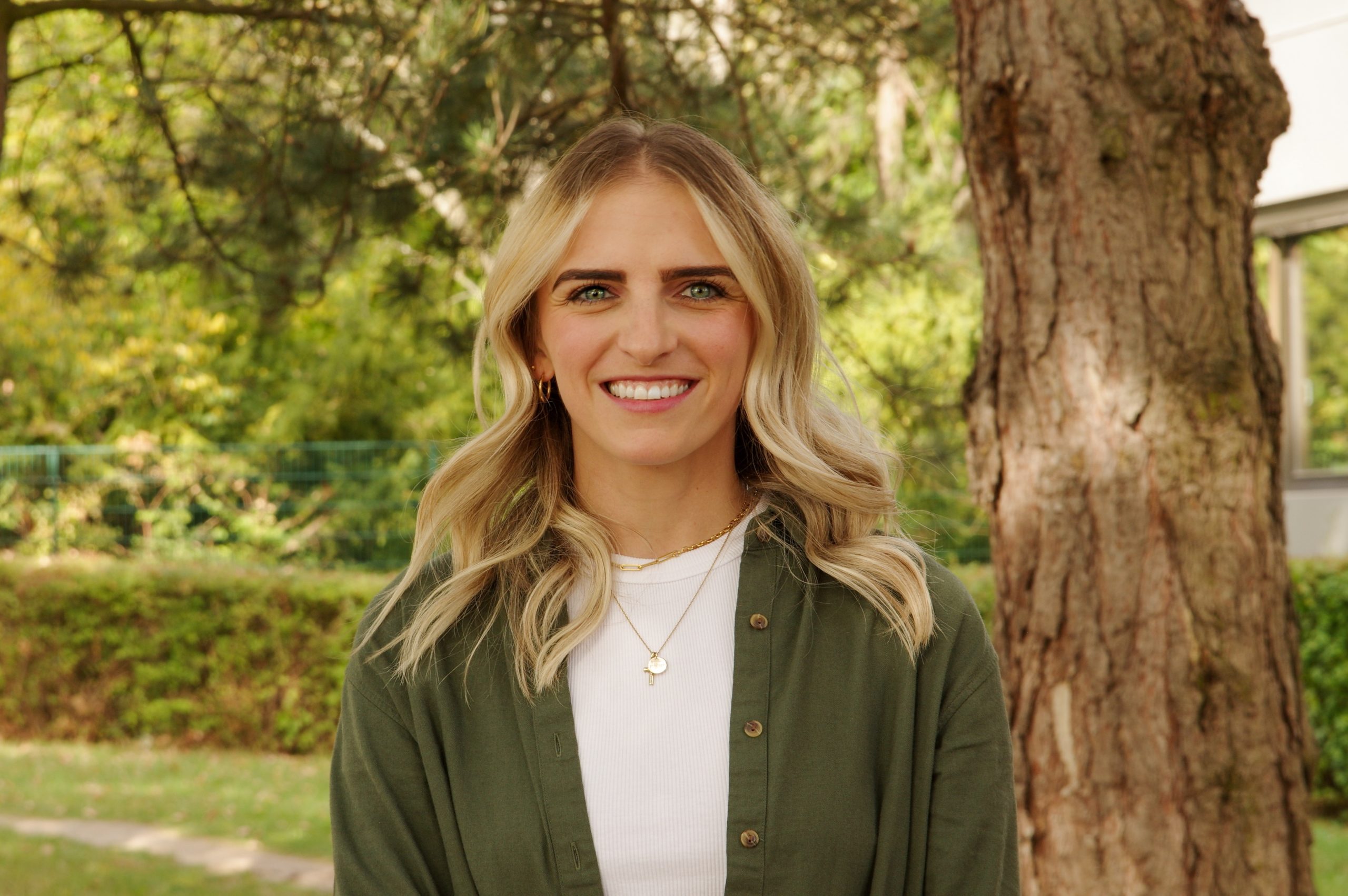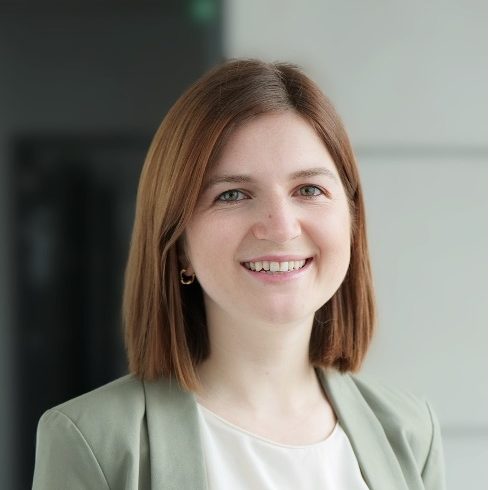SPEAKERS (2025)

(Continental AG)
Dr. Corina Apachiţe leads the Program on Artificial Intelligence and Key Technologies within Continental Automotive Operations and Technologies. In this role, she is responsible for the overall AI technical strategy and operational implementation, in close cooperation with the business areas and central functions. With her team, she contributes significantly to the company’s vision of “AI empowered mobility” and “AI empowered employee.” Before joining Continental in January 2018, Dr. Apachiţe held a similar position at Robert Bosch GmbH, where she was responsible for the technical strategy for artificial intelligence and big data, including pioneering work in secure AI systems and advanced communication technologies. Dr. Apachiţe also gained several years of experience as chief product owner in the agile software development of virtualization solutions during her time at ETAS GmbH in Stuttgart, where she led projects focused on enhancing system security and optimizing wireless communication protocols. Dr. Corina Apachiţe holds a doctorate in computer science (hybrid systems verification).

(Hochschule Bielefeld)
Kaja Balzereit is an interim professor of Engineering Computer Science at Bielefeld University of Applied Sciences and Arts. Previously, she was a research associate in the Department of Machine Intelligence at Fraunhofer IOSB (Industrial Automation branch INA), where she worked on various projects related to AI and machine learning for industrial automation and production. Concurrently, she completed her PhD in the area of autonomous fault handling for cyber-physical production systems at Helmut Schmidt University in Hamburg. Her research interests lie in symbolic AI and the identification of causality, particularly in the field of industrial production.

(University of Regensburg)
Kata Vuk is currently a postdoctoral researcher at the Chair of Machine Learning at the University of Regensburg. She joined UR in 2022 after she completed her PhD in mathematics at the Ruhr University Bochum. Since January 2025, she has been working within a fellowship from the Bavarian Research Institute for Digital Transformation (bidt). Her research focuses on interpretable and personalized machine learning, along with change-point analysis, applied within the fields of biomedicine, genetics, and the wider natural sciences.

(E.ON Digital Technology)
Dr. Sarah Henni is a Team Lead for Data & AI Solutions at E.ON. Her team develops AI-driven solutions to optimize energy networks and accelerate the integration of renewables. With a PhD in business administration and information systems, her research focused on smart grids, energy markets, and the application of AI in energy systems. Throughout her career at E.ON, she has worked as a Data Scientist and later as a Team Lead, tackling challenges at the intersection of AI, data governance, and business impact. As an expert in artificial intelligence and generative AI, she regularly speaks at conferences on the role of AI in the energy sector. Beyond her technical expertise, she is committed to fostering diverse and inclusive teams, believing that innovation thrives on different perspectives.

